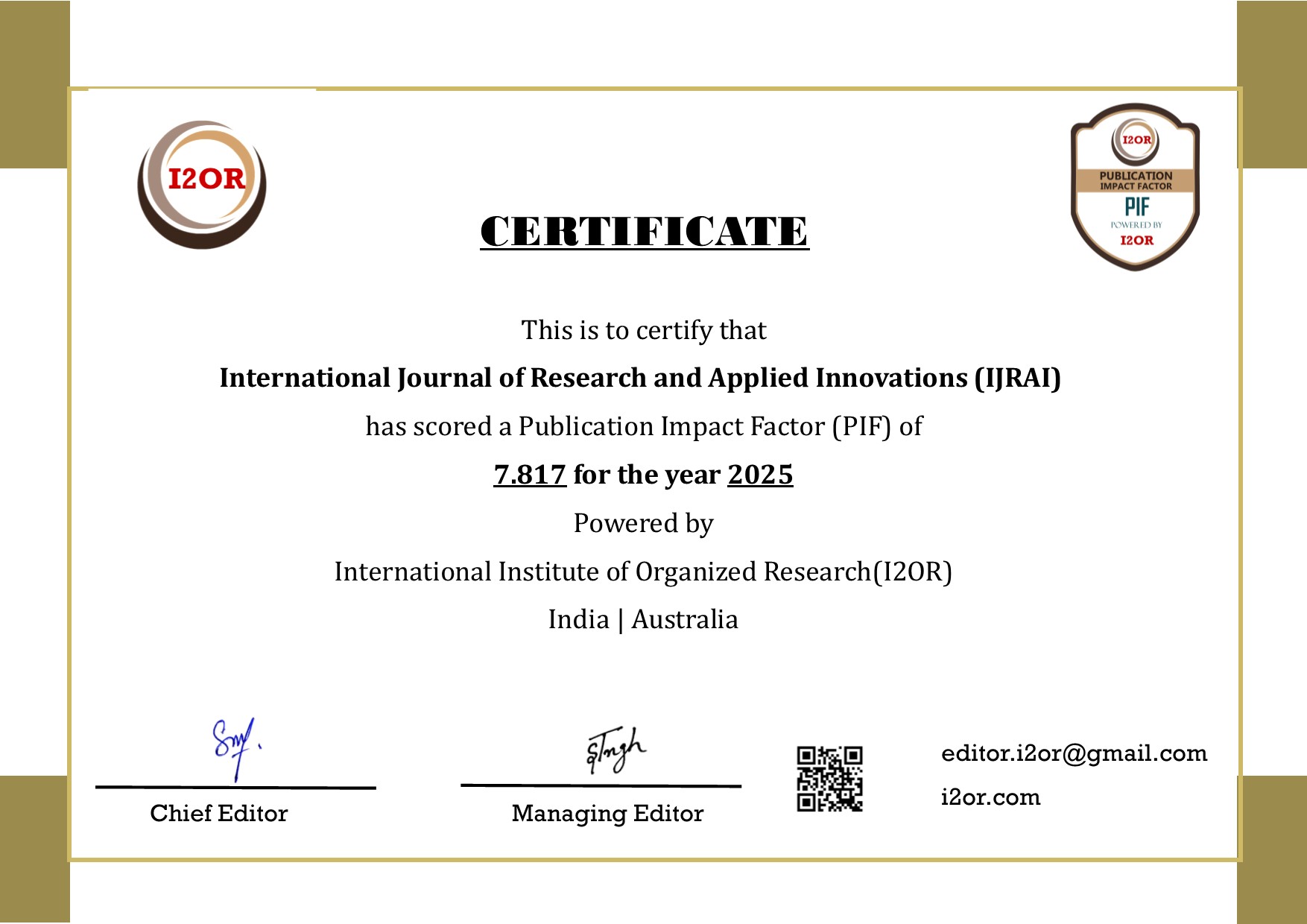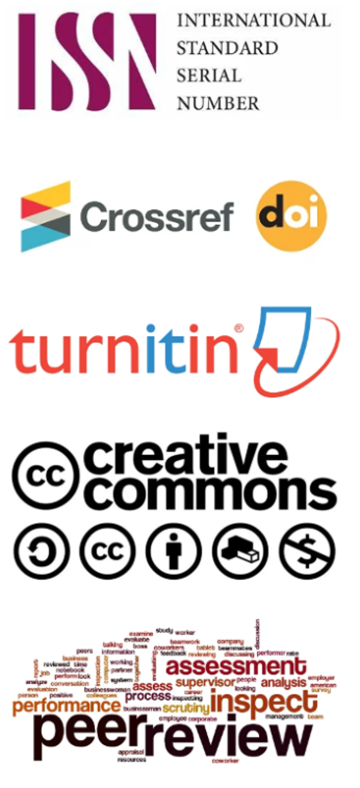Power Quality Improvement Using Hybrid Active Filters
DOI:
https://doi.org/10.15662/IJRAI.2019.0202002Keywords:
Hybrid Active Power Filter, Power Quality, Harmonic Compensation, Reactive Power Compensation, Control Strategies, IEEE 519, Simulation Studies, Non-linear Loads, ResearchGate+3Wiley Online Library+3arXiv+3Abstract
Power quality issues, primarily due to harmonics and reactive power, have become prevalent with the widespread use of non-linear loads in industrial and commercial settings. Traditional passive filters, while effective in certain scenarios, often suffer from limitations such as resonance and size constraints. Hybrid Active Power Filters (HAPFs) combine the advantages of passive and active filtering techniques to address these challenges effectively.arXiv+1 This paper presents an overview of HAPFs, focusing on their design, control strategies, and applications in power quality improvement. The integration of passive filters with active filters allows for selective harmonic compensation, reduced size, and enhanced performance. Various control methods, including instantaneous power theory, synchronous reference frame, and neural networks, have been employed to enhance the dynamic response and adaptability of HAPFs.UTM Press Journals+1Wiley Online Library+1 Simulation studies demonstrate that HAPFs can effectively mitigate harmonics and compensate for reactive power, ensuring compliance with standards such as IEEE 519. The combination of passive and active components allows for a balanced approach, addressing both steady-state and transient power quality issues. Additionally, the adaptability of HAPFs to varying load conditions makes them suitable for a wide range of applications.IJERT+3arXiv+3Wiley Online Library+3 In conclusion, HAPFs offer a promising solution for power quality improvement, combining the benefits of both passive and active filtering techniques. Their versatility and effectiveness make them a viable option for modern power systems facing power quality challenges.MDPI+2ResearchGate+2ResearchGate










